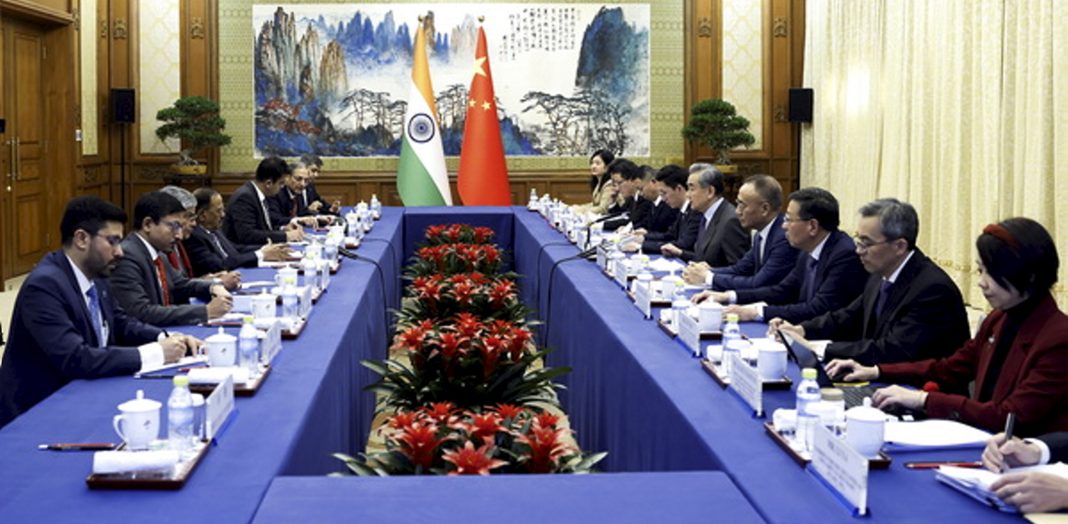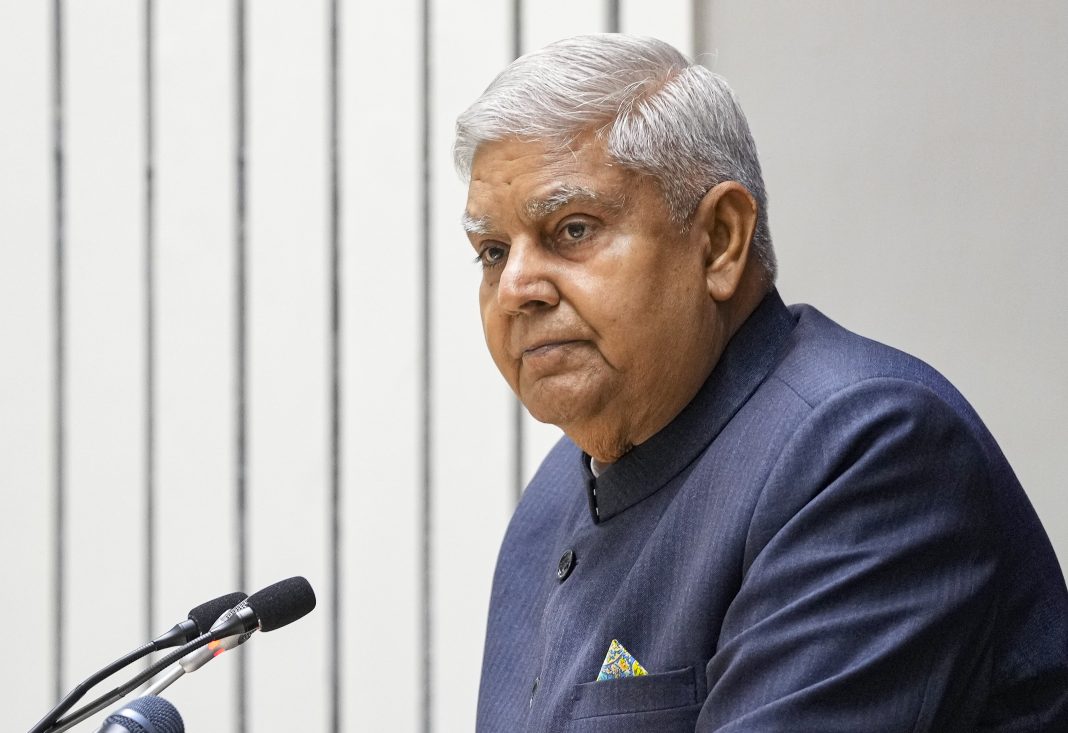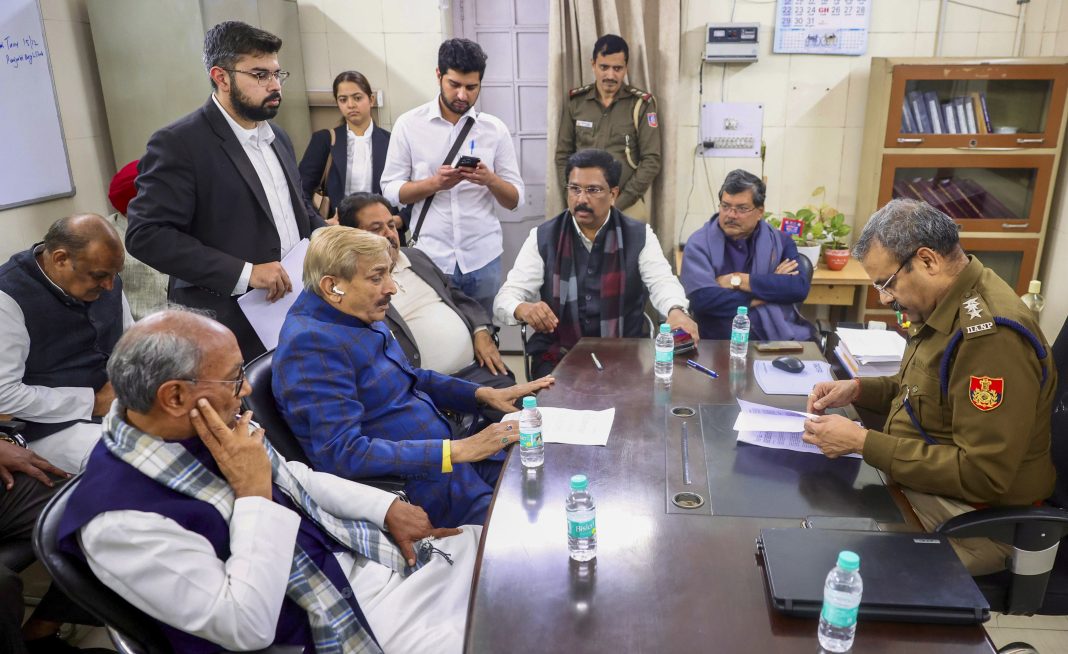Beijing, Dec 19: As National Security Advisor Ajit Doval left Beijing after his crucial talks with Chinese Foreign Minister Wang Yi to normalise ties, China on Thursday said that the readouts issued by both countries after the talks shared “very much similar gist and elements” highlighting broader consensus.
Special Representatives for the border question, Wang and Doval, held “substantive talks” and reached a six-point “consensus” on the China-India boundary question in a “positive and constructive attitude,” Foreign Ministry spokesperson Lin Jian told a media briefing here while replying to a question on the outcome of talks.
“The two sides’ readouts share very much similar gist and elements,” he said.
After the talks, China said a six-point consensus was reached between the two sides.
Lin said that it is important to channel the two countries’ respective valuable resources into development and revitalisation, make sure that the boundary question is appropriately placed in bilateral relations, jointly maintain peace and tranquillity in border areas, and strive to bring China-India relations back to a healthy and steady track at an early date.
Doval left Beijing on Thursday. The Special Representatives dialogue was regarded as significant as it was the first structured engagement between the two countries after relations were frozen for over four years due to the military standoff in eastern Ladakh.
Constituted in 2003 to comprehensively address the vexed dispute of the India-China border spanning 3,488 km, Wednesday’s meeting, which was held after a gap of five years, was the 23rd conference between the two countries.
Commenting on the talks, Long Xingchun, a professor from the School of International Relations at Sichuan International Studies University, said the resumption of the Special Representatives’ meeting sends a signal that both sides are willing and confident to resolve border disputes through peaceful negotiations.
The meeting is beneficial for fostering mutual trust between the two countries and contributes to the maintenance of peace and tranquillity in the border regions, Long told Global Times.
Qian Feng, director of the research department at the National Strategy Institute at Tsinghua University, said that after the Kazan meeting between PM Narendra Modi and President Xi Jinping, a Special Representatives’ meeting was held soon after, indicating that both sides are actively working to resolve the border issue and taking actions to further restore mutual trust.
“This is a positive sign of facilitating the early return of China-India relations to a healthy development track,” Qian told the daily.
He noted that the Special Representatives’ meeting is not only an important platform agreed upon by both sides to discuss solutions to the boundary issue but also a platform for the heads of diplomatic and security affairs from both sides to engage in direct communication.
“Therefore, this meeting is also expected to lay the foundation for further deepening of common interests between the two countries and continuing to advance cooperation in multiple areas,” Qian said.
Wang Shida, a researcher at the Institute for South Asian Studies at the China Institutes of Contemporary International Relations, said the detente between China and India serves the interests of both nations.
“With each nation home to over 1.4 billion people, development should be the greatest common denominator between the two neighbours,” Wang told the state-run China Daily.
He added that the resumption of talks is crucial for unlocking the potential for cooperation across a wide range of fields.
The six-point consensus, highlighted by Lin, included a positive evaluation of the Oct 21 resolution to end the over four-year-long military standoff in eastern Ladakh and reaffirming the need to continue implementing the agreement.
Other points were consensus about handling the boundary question appropriately in the context of the overall bilateral relationship without affecting the development of bilateral ties, continuing to take measures to maintain peace and tranquillity in the border areas for promotion of the healthy and stable development of bilateral relations.(PTI)




